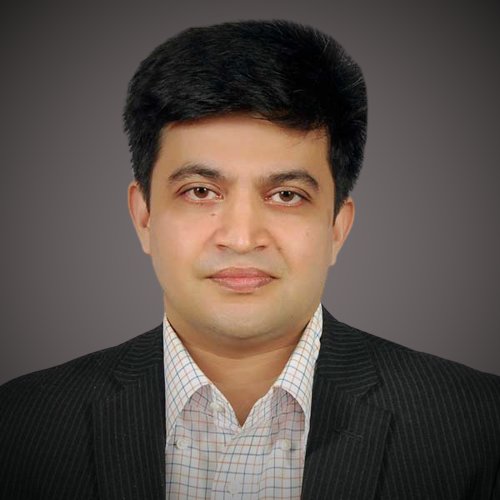
Dr. Shafiun Nahin Shimul
During the 1990s, the policy makers of the Bangladesh health sector recognized that despite massive growth and appreciable development of the sector, a remarkable void in its capacity exists: the country does not have any capacity of its own to deal with health economic issues or create health economists from within the country. It was realized that without use of health economic theories and tools, resources cannot be efficiently utilized and inefficiency and wastage in resource use can soon lead to serious consequences; this can desist the sector to grow, or even maintain the progress it has so far accomplished. Then, initially the sector tried to fulfill the demand for health economists by way of sending some officials abroad to receive training in HE and employing health economists from abroad. These schemes immediately appeared as highly expensive and also ineffective and unsustainable. Against this backdrop, the Institute of Health Economics was created in 1998 in the University of Dhaka at the initiative of the MOHFW.
The objectives were manifold: to conduct higher degree programs in HE, to impart training to the managers of the sector through short training courses, to conduct research on health economic issues, and to create a network of health economists within the country and regularly interact with the international scholars in HE. The institute started to undertake all these activities from the very beginning, on a small scale though. It then steadily developed by way of gradually expanding volume of activities and employing more and more resources. In the initial years it conducted a one-year post-graduate diploma and one -year Master’s program, targeting mainly the existing professionals of the sector. The faculty members gradually felt the need for expanding the degree programs in order to allow into the programs the persons who are not in the services of the sector but are quite keen to enter into the health sector services after completing education. Hence, the undergraduate degree programs were introduced in 2010. Consequently, the Managers and professionals of the sector could not be accommodated into the new programs, since the programs enrolled only the fresh candidates— the candidates who have just passed out the HSC. In order to overcome this problem, the IHE has introduced an Executive Master’s for the professionals of the sector.
IHE has been attaching emphasis on some important aspects of development of IHE: improvement of the premise and facilities for the teachers and students so as to create a conducive and supportive environment for academic activities, to increase number of teachers and staff, to enhance quality of teaching, and more importantly to increase research activities. We have been successfully moving along these lines and hope to fully accomplish these objectives within a short period of time and the IHE will soon emerge as a centre of excellence not only in the region of South Asia but also in the entire developing world. I sincerely expect all possible support and cooperation from all stakeholders of Health Economics for development and sustainable growth of IHE.